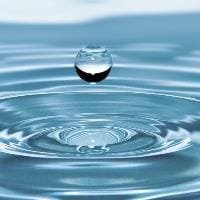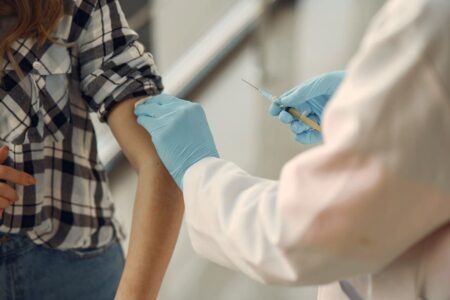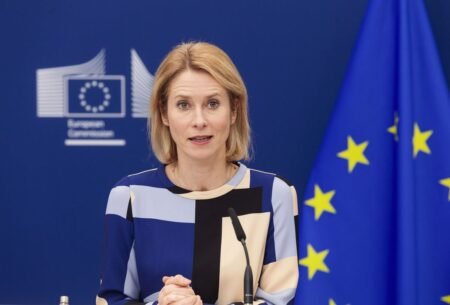(BRUSSELS) – The European Commission adopted two new measures Monday designed to enhance the EUs water resilience and to improve water quality and quantity throughout the continent.
The measures include a standard methodology for measuring the presence of microplastics in water as well as a delegated act to ensure that reusing treated wastewater for agricultural irrigation is safe.
Currently many different methods for measuring microplastics in drinking water are used, which makes it very difficult to compare and interpret monitoring results. The new harmonised, standard methodology will support Member States in gathering information about the presence of microplastics in their water supply chain.
In the delegated act on water reuse, the Commission specifies the key technical elements to be examined and taken into account when preparing risk management plans to help authorities and practitioners in the preparation of these plans. These elements include processes for the production, storage and distribution of the reclaimed water, and the identification of potential hazards and risks associated with wastewater reuse.
The EU executive has published a notice to help Member States further define the good environmental status of the seas and to respect the threshold values aimed at allowing the sustainable use of their resources.
In the notice, the Commission clarifies that threshold values (e.g. on maximum allowable levels of underwater noise, on maximum allowable amounts of litter on beaches) agreed by Member States at EU level or through regional cooperation should be used when they update their marine strategies under the Marine Strategy Framework Directive by October 2024.
Delegated Act to measure microplastics in water – European Commission (europa.eu)
Notice under Marine Strategy Framework Directive – European Commission (europa.eu)








